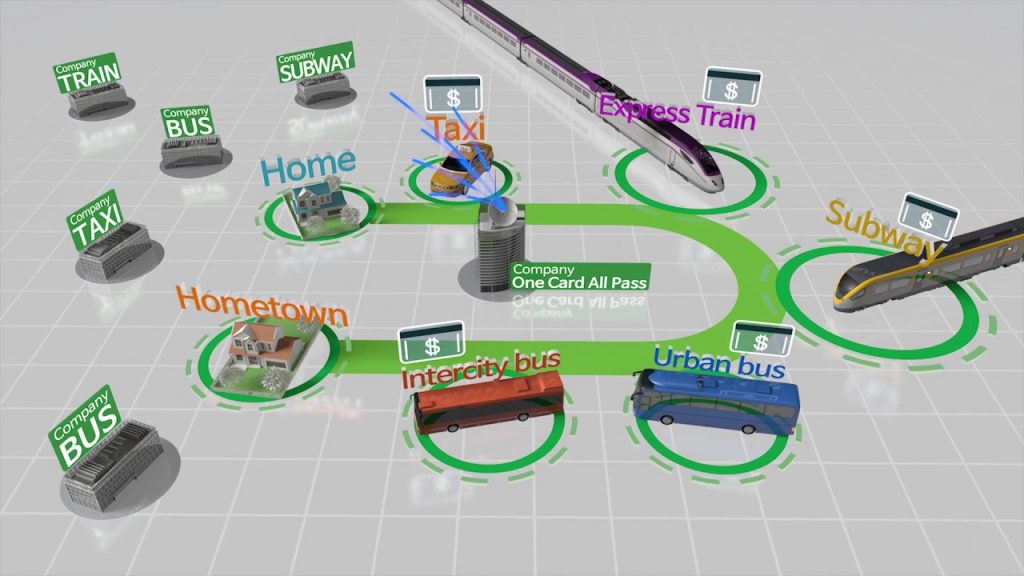Revolutionizing Mobility: The Multifaceted Impacts of Intelligent Transportation Systems
2 min read
In the era of rapid technological advancement, the transportation sector is not left behind. Intelligent Transportation Systems (ITS) have emerged as a game-changer, promising to revolutionize the way we move. But what exactly are the effects of these systems? This article delves into the multifaceted impacts of ITS, from enhancing safety and efficiency to reducing environmental footprint and reshaping urban planning.
One of the most significant effects of ITS is the enhancement of safety. By leveraging technologies such as real-time traffic data, advanced sensors, and machine learning algorithms, ITS can predict and prevent accidents. For instance, connected vehicle technology allows vehicles to communicate with each other and the infrastructure, alerting drivers about potential hazards and reducing the likelihood of collisions. Moreover, ITS can also improve emergency response times by providing real-time traffic information to emergency services.
Efficiency is another key area where ITS can make a substantial impact. By optimizing traffic flow through adaptive traffic signal control systems, ITS can significantly reduce congestion and travel times. Furthermore, ITS can facilitate efficient logistics and freight management through advanced tracking systems and predictive analytics, leading to cost savings and improved customer service.
The environmental impact of ITS should not be underestimated either. By reducing congestion and optimizing routes, ITS can significantly decrease fuel consumption and greenhouse gas emissions. Moreover, ITS can promote the use of public transportation and non-motorized modes of transport by providing real-time information and improving their reliability and convenience.
ITS also has profound implications for urban planning and development. By providing valuable data on travel patterns and behavior, ITS can inform the design of more sustainable and livable cities. For instance, ITS can support the development of smart corridors that integrate various modes of transport and services, fostering a more inclusive and accessible urban environment.
However, the implementation of ITS also brings about challenges. These include issues related to data privacy and security, the need for significant investment in infrastructure, and the potential displacement of jobs due to automation. Therefore, it is crucial to adopt a balanced and inclusive approach to ITS deployment, taking into account its potential benefits and challenges.
In conclusion, the effects of Intelligent Transportation Systems are far-reaching, touching upon various aspects of our lives and societies. As we move towards a more connected and automated future, it is essential to harness the potential of ITS while addressing its challenges, paving the way for a safer, more efficient, and sustainable transportation landscape.


